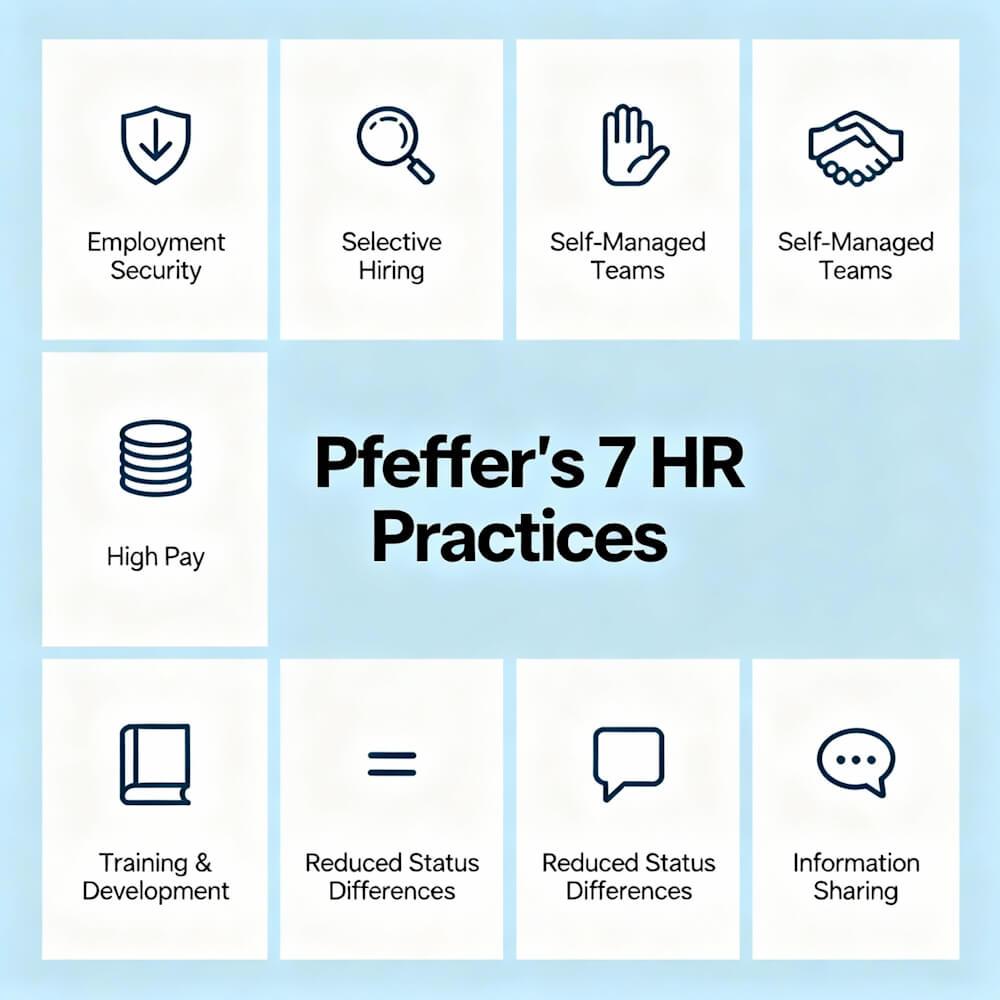“The individuals who work in an organization make it.”
Human Resource Management is critical for the success of any firm, whether it has five employees or 25,000.
The HR Department has come a long way since its days in locked conference rooms, and they now have a seat at the senior leadership table. HR is now just as crucial as technology or business leadership in terms of strategic growth planning and execution.
The Transformation of the Industry
In the last few decades, the way management conducts the role of Human Resource Management has undergone a paradigm shift in the industry.
Previously, management concentrated on essential HR responsibilities such as planning, organization, staffing, payroll, and recruitment. However, the firms' strategic approach has shifted, and they are now more employee-centric.
The role of HR and the activities it performs have changed dramatically as a result of the shift in management strategy. The firms want to boost employee engagement so that they can attract qualified and competent personnel while also retaining those who have already been trained.
The HR manager now wears many hats and does not strictly adhere to his or her traditional tasks and responsibilities. In the organization's decision-making and strategic planning, the HR manager is critical.
Modern HR Manager’s Key Responsibilities
Employee training programmes, team building courses, employee grievance cells, reward and recognition initiatives, employee growth opportunities, talent management strategies, profit-sharing policies, and clear communication channels from the bottom to the top are all provided by the HR manager in the employee advocacy role.
Critical Areas for HR Management
HR has taken on a prominent role as a strategic partner in the modern world, where the HR manager now sits on the board of directors and provides valuable comments on the organization's decision-making.
The HR manager should focus on the following essential areas as a strategic partner:
1. Succession Planning
Succession planning is a method of identifying and nurturing future leaders to take over for departing, retiring, or deceased leaders.
This procedure boosts the availability of seasoned and capable personnel who have been mentored by experienced veteran specialists and are ready to fill open positions when they arise.
2. Personnel Management
Personnel management is an administrative specialism that focuses on employing and developing personnel to make them more valuable to the organization.
Aside from the traditional functions of personnel management, the HR manager must now concentrate on establishing an employee-supportive structure within the firm.
3. Employee Development
Employee development, commonly referred to as career development, is a win-win situation for businesses and employees.
It is defined as a process in which an employee, with the help of his or her manager, participates in a variety of training programmes in order to improve his or her skills and knowledge.
However, when it comes to employee development, one plan does not fit all. HR must determine the proper amount of time, resources, and training for a certain function or as per the individual's needs.
The focus is on developing people and exploiting their unique assets.
HR in Industry 4.0
The introduction of Industry 4.0 has altered the organizational requirement for skills, as well as successful talent acquisition, development, and deployment.
This has resulted in the growth of Human Resources 4.0, which is gradually infiltrating every organization's day-to-day management, particularly altering how HR departments acquire, manage, develop, and retain people.
Digital Transformation in HR
The digitalization of the HR sector has been ongoing for quite some time.
Algorithms can now examine application paperwork and video interviews in the modern world. Artificial intelligence (AI), machine learning (ML), and advanced analytics will be the future of every sector.
Data-Driven HR Leadership
HR executives are making a tremendous effect in the boardroom with data-driven visions and superior organizational expertise.
Employers who incorporate these insights into their strategic planning are already improving their businesses and relationships – both internally and externally – and reaping the rewards.
The Future of HR
Leading HR firms have already invested in technology by employing competent people and opening the road for further integration of digital and human labor.
Final Thoughts
The changing role of HR shows that it is no longer just an administrative function; it is now a strategic business partner that helps the company grow, come up with new ideas, and keep employees happy.
HR will always be the key to a company's success as businesses keep up with new technology and the changing needs of their employees.







